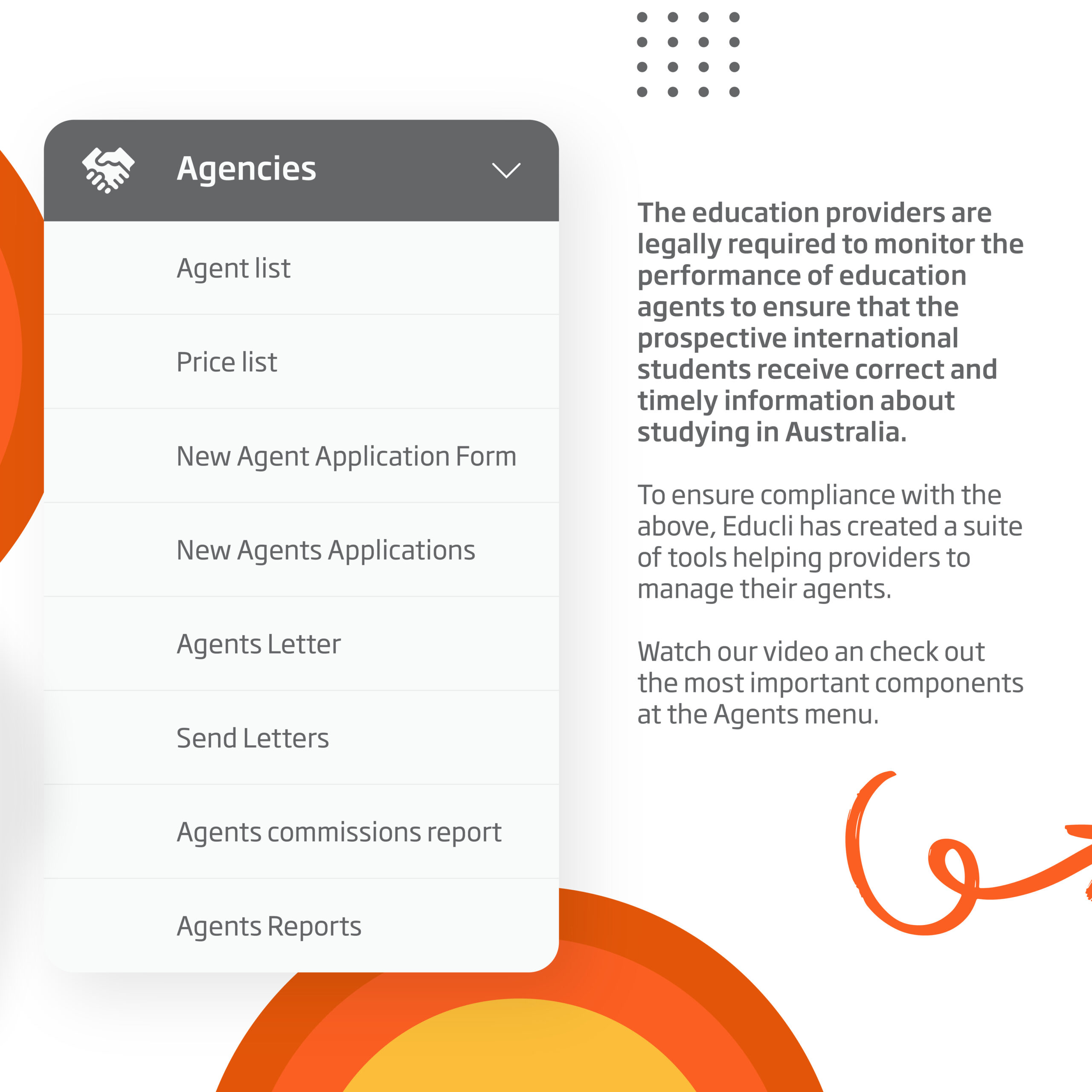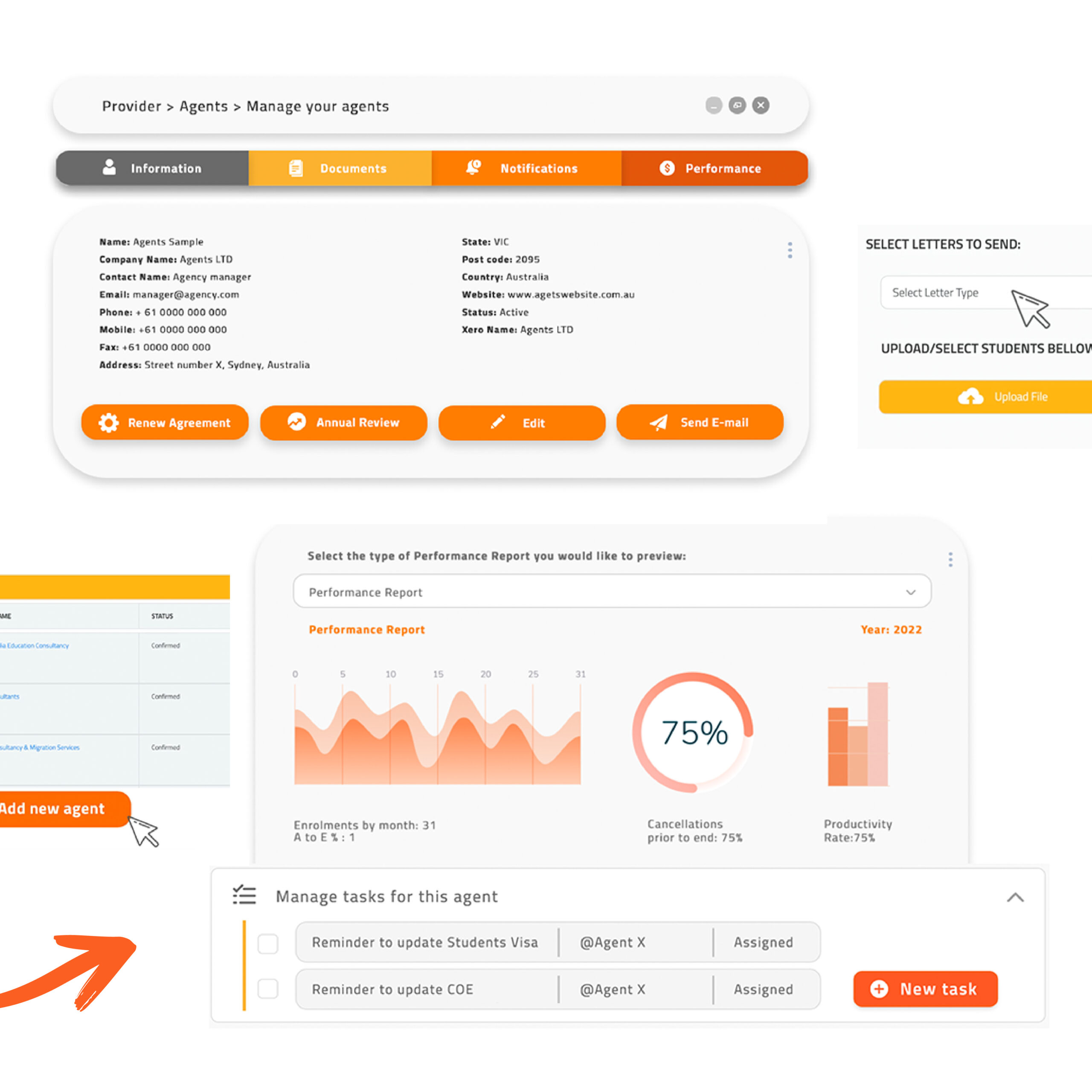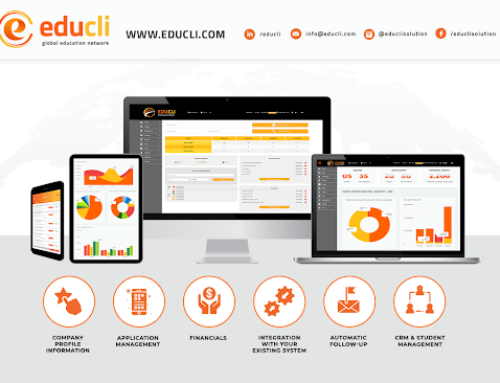All providers of education to international students (in Australia) are required to meet the required standards as a condition of their registration under the ESOS legislative framework. Also, using deceptive or false information in advertising or marketing materials is an offense that can be prosecuted.
Definition of recruitment
Where a registered providers are actively recruiting international students, directly or through a third party (an agent or representative of a particular registered provider) and promotes a registered provider or course.
Key Requirements
Registered providers have a responsibility to promote their courses and education services in a truthful and non-deceptive manner that complies with the Australian Consumer Law when seeking international students. Whether directly or via intermediaries, educational institutions have a responsibility to ensure that the information they provide to overseas students is accurate and complete. The Australian Consumer Law is enfoced by the Australian Competition and Consumer Commission (ACCC).
Registered providers have a responsibility to be honest and forthright when negotiating terms of service with international students, including but not limited to:
- any work-based training an overseas student is required to undertake as part of the course;
- prerequisites for entry to the course (including English language); or
- any other information relevant to the registered provider and/or its courses and the outcomes associated with those courses.
Registered providers are not allowed to make any promises to international students regarding the possible migration outcomes of their courses or the successful completion of education assessment outcomes for international students or those planning to study abroad.
Written or online material
Any written or digital content that is distributed or made publicly available must contain the registered name and registration number of the provider as it is required by CRICOS.
This includes all material used to:
- provide, or offer to provide, a course to an overseas student;
- invite overseas students to undertake or apply for a course; or
- indicate the registered provider is able or willing to provide a course to overseas students.
Recruitment of international students in conflict with Standard 7
Registered providers must not actively recruit international students where this conflicts with their obligations under Standard 7 (Overseas student transfers).
Registered providers, directly or through a third party, are not allowed to promote their course/s as superior to and/or cheaper than the registered provider or course in which the international student is currently enrolled, with the intention of encouraging the international student to transfer from their current provider.
Each registered provider must take ‘Reasonable steps’ to check whether an international student is currently enrolled with another provider. Registered providers should use Provider Registration and International Student Management System (PRISMS). International students under the age of 18 will need permission from a parent or a legal guardian to change registered providers.
The registered provider should issue a letter of offer to the international student for them to obtain a release from the registered provider the international student is currently studying with.
See ASQA Fact Sheet for more information Marketing and advertising | Australian Skills Quality Authority (ASQA)
General information
Registered providers should give as much information as possible about the above, which may be given to overseas students in print form or by referring the student to an electronic copy. In addition, in order to enroll international students, registered providers must have a process and policy in place for verifying that the students’ academic background, employment history, or English proficiency is adequate.
If there is no minimum English language proficiency required, for example in an ELICOS course, the provider does not need a process for assessing this. However registered providers should consider having literacy requirements in the international student’s first language.
Social Media
Just like any other form of communication, social media is constantly developing and improving. Social media has replaced more traditional means of communication like phone calls and emails with more convenient alternatives.
Social media and digital technology as a whole have undergone a truly astounding evolution and expansion. The potential for rapid dissemination of ideas, news, and conversations is facilitated by the ease of sharing on social media platforms and digital technologies. Providers can spread their message quickly, cost effectively and efficiently.
What can we offer?
Developed specifically for education providers to streamline their collaboration with education agents, Educli offers an innovative and all-encompassing agents management system. A suite of tools designed to optimize efficiency and provide convenience comprise this comprehensive online platform.
Key features include online application forms, simplifying the process of agent onboarding and ensuring a smooth workflow. A critical aspect of the system is its reference verification capability, which ensures the credibility and reliability of agents.
An effective commissions management system is also implemented by Educli to address the financial aspects of these partnerships.

Furthermore, the platform facilitates legal formalities with an online agreement feature, allowing for secure and convenient signing and management of contracts.
Additionally, Educli offers a detailed review and reports module, providing valuable insights and analytics for continuous improvement.

“Take the first step towards advancing your educational partnerships today by filling out the Expression of Interest form with Educli – your gateway to a world of efficient, streamlined agent management!”
#internationaleducation #saas #educli





Leave A Comment